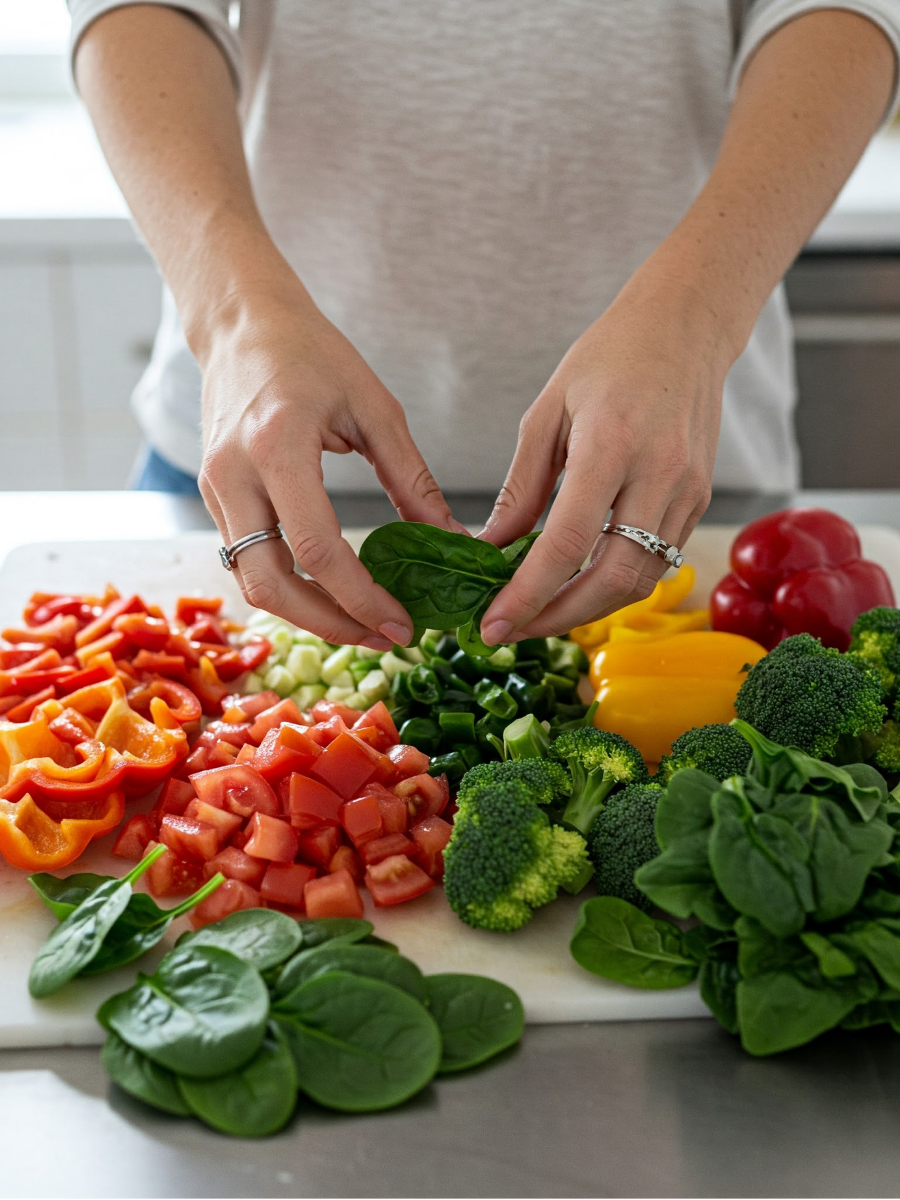
Hey everyone! Let’s talk about something super important, something that’s honestly changed my relationship with food: mindful eating. It sounds simple, right? Just pay attention while you eat. But trust me, it’s a whole lot more than that. And it’s definitely something I had to learn the hard way.
For years, my eating habits were… well, let’s just say they weren’t exactly a picture of mindful bliss. I was the queen of multitasking meals. Lunch inhaled over my charting, dinner scarfed down in front of the TV after a long shift. Sound familiar to any other nurses out there? I bet it does. I wasn’t truly practicing eating awareness.
The problem was, I wasn’t even tasting my food half the time. My body was just a vessel, and food was fuel to get me through the next task. I wouldn’t even register when I started to feel full until bam – that uncomfortable, overly stuffed feeling hit. Anyone else been there? It’s not fun. This often led to struggles with overeating.
And the agitation? Oh, it was real. I’d feel guilty for overeating, frustrated that I couldn’t seem to control my portions, and honestly, just plain uncomfortable in my own skin. It was a cycle of eat-too-fast, feel bad, repeat. My weight would fluctuate, my energy levels were all over the place, and my relationship with food felt more like a battle than a nourishing connection. Many people search for ways to stop overeating, and I was definitely one of them.
Then, a few years ago, I stumbled upon the concept of mindful eating for beginners. At first, I was skeptical. It sounded a bit… woo-woo, if I’m being honest. But I was desperate for a change. I was tired of feeling disconnected from my body and my food.
So, I started small. One lunchtime, I decided to actually sit down and just… eat. No phone, no charting, no distractions. Just me and my salad. And you know what? It was weird! It felt like I had all this extra time. My brain kept wanting to reach for my phone, to find something to do while I ate. This was my first step towards truly understanding hunger signals.
But I stuck with it. I focused on the colors of the vegetables, the textures in my mouth, the different flavors as I chewed. It was like I was tasting my food for the first time in ages. And here’s the kicker: I actually started to notice when I was getting full. Not stuffed-to-the-brim full, but comfortably satisfied full. It was a revelation! Learning to recognize these fullness cues was a game-changer.
This simple act of paying attention was the solution I desperately needed. It wasn’t a quick fix, and there were definitely days when old habits crept back in. But slowly, mindfully, I started to retrain my brain and my body to listen to your body eat.
One of the first things I learned was the difference between true hunger and emotional eating. Emotional hunger, I discovered, often hits suddenly and craves specific comfort foods. Think that sudden urge for chocolate after a stressful day. True physical hunger, on the other hand, tends to build gradually and isn’t usually tied to a specific craving. It’s more of a general “my stomach is rumbling” kind of feeling. Recognizing this difference was a game-changer in building healthy eating habits.
Another big “aha!” moment came when I started paying attention to my body’s fullness cues. It’s not about cleaning your plate just because it’s there. Our bodies are actually pretty good at telling us when they’ve had enough, if we just listen. It’s like there’s this internal “stop” button, but I’d been ignoring it for so long. This is a core principle of intuitive eating.
I remember one evening, I was having my favorite pasta dish. In the past, I would have easily gone back for seconds without even thinking about it. But this time, I paused after my first serving. I put my fork down and just sat for a minute. I asked myself, “Am I still truly hungry, or am I just enjoying the taste?” Turns out, I was just enjoying the taste. I felt satisfied, not overly full. It felt… empowering. This small change significantly improved my relationship with food.
So, how can you start tuning in to your own body’s hunger cues and fullness cues? Here are a few practical tips that have worked for me:
Slow Down Your Eating: This is probably the most crucial step in how to eat mindfully. It takes about 20 minutes for your brain to register that your stomach is full. If you’re inhaling your food, you’ll likely eat past the point of fullness before your brain catches up. Try putting your fork down between bites. Chew your food thoroughly. Savor the flavors. You might be surprised at how much less you need to feel satisfied.
Eliminate Distractions: Turn off the TV, put away your phone, and step away from your computer while you eat. When you’re distracted, it’s easy to eat mindlessly and miss those subtle body’s signals for hunger. Create a calm and focused eating environment, even if it’s just for 15 minutes.
Pay Attention to Your Hunger Levels: On a scale of 1 to 10 (where 1 is starving and 10 is overly stuffed), aim to start eating when you’re around a 3 or 4 and stop when you’re around a 6 or 7. This sweet spot allows you to eat when you’re truly hungry but stop before you feel that uncomfortable fullness. It takes practice to recognize hunger and those early signs of satiety.
Engage Your Senses: Notice the colors, smells, textures, and tastes of your food. This not only makes eating more enjoyable but also helps you become more aware of what you’re putting into your body. It’s amazing what you can discover when you truly pay attention to your food, enhancing your eating awareness.
Listen to Your Body’s Signals: Sometimes, we think we’re hungry when we’re actually thirsty. Try drinking a glass of water before reaching for a snack. Also, pay attention to other physical cues. Are you feeling tired or stressed? Sometimes, we mistake these feelings for hunger. This is a key aspect of understanding your body’s signals for hunger.
Practice Self-Compassion: There will be times when you overeat or eat mindlessly. It happens to everyone. The key is not to beat yourself up about it but to learn from it and get back on track with mindful eating at your next meal. It’s a journey, not a destination in building a healthy relationship with food.
Keep a Food Journal (Initially): This can be really helpful in identifying your eating patterns and triggers for mindless eating. Note when you eat, what you eat, how you were feeling before and after, and your hunger/fullness levels. This can provide valuable insights into your eating psychology.
Don’t Label Foods as “Good” or “Bad”: This can create a sense of guilt and restriction, which can actually lead to more mindless eating. Instead, focus on nourishing your body with a variety of foods and enjoying treats in moderation, without judgment.
Be Patient: Mindful eating is a skill that takes time and practice to develop. Don’t get discouraged if you don’t get it perfect right away. Just keep practicing, and over time, it will become more natural.
For me, embracing mindful eating wasn’t about dieting or restricting. It was about reconnecting with my body, learning to trust its signals, and truly enjoying my food. It’s brought a sense of calm and control to my eating habits that I never thought was possible. My energy levels are more stable, I feel more in tune with my body, and honestly, I enjoy my meals so much more now. It’s been a journey of self-discovery, one bite at a time.
Now that you have a better understanding of how tuning into your body’s hunger and fullness cues can transform your relationship with food, let’s explore how you can take these principles even further and create lasting, positive changes in your life.
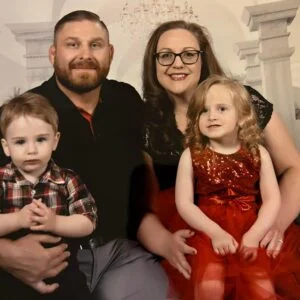
Rebecca Paeth, BSN-RN
Nurse Rebecca Health Coaching
Join me on my journey to a healthier lifestyle
I'm Rebecca, and I've been where you are.
If you’re tired of the endless cycle of dieting and conflicting health advice, feeling overwhelmed and longing to truly understand how to nourish your body and feel good in your own skin like I did, you’re in the right place. Through my blog, I share insights on weight loss, mindset, neuroplasticity, nutrition, and self-care to empower you on your wellness journey. Whether you’re seeking personalized guidance to address specific health challenges or you’re ready to break free from restrictive diets and embrace body acceptance while achieving sustainable weight loss, I offer coaching programs designed to help you cultivate lasting health and body confidence. Ready to explore a different path?

Benefits You Can Expect
Personalized, Evidence-Based Support
One-on-one sessions tailored to your health history, goals, and lifestyle—rooted in nursing expertise and current wellness science.
Mindset Transformation for Lasting Change
Guided coaching to help reframe limiting beliefs around food, body image, and health—so you stop sabotaging your progress.
Clear, Actionable Guidance Without the Overwhelm
Practical tools, customized strategies, and compassionate support to help you take consistent, manageable steps forward.
Our Happy Clients!
“Working with Rebecca completely shifted my mindset.”
I had tried everything—diets, workout programs, you name it—but nothing ever stuck. Rebecca showed me how to reframe my beliefs about food and my body. I’m losing weight without trying to lose weight!
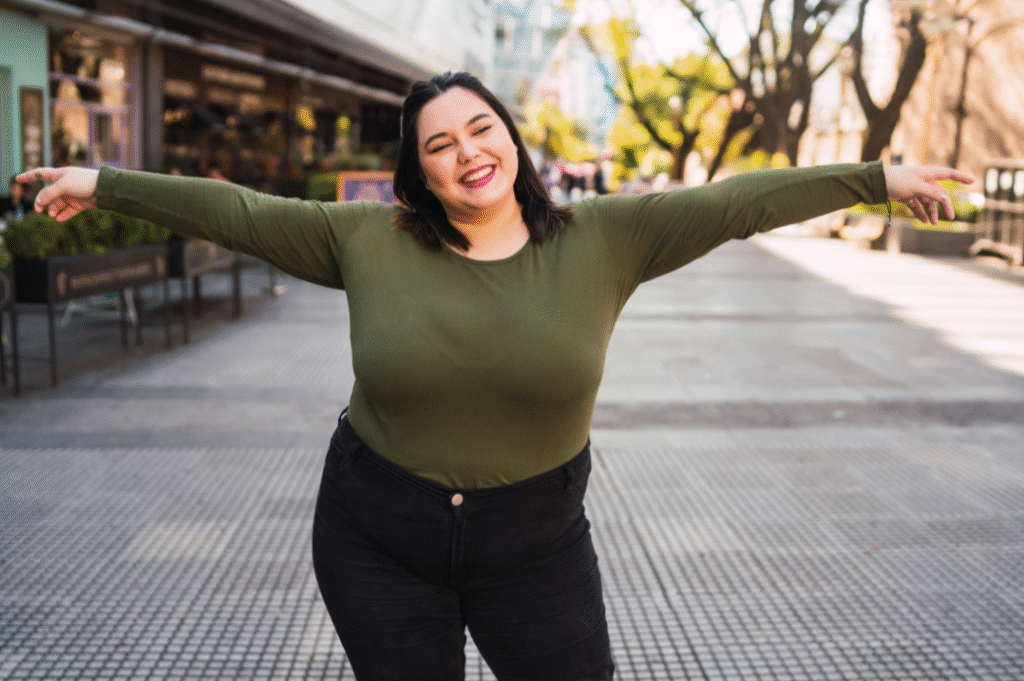
Rated 5 out of 5
Sarah L.
“I finally feel in control of my health for the first time in years.”
Rebecca didn’t just focus on my symptoms—she really listened to my story and helped me understand the root of my challenges. Her guidance was practical and tailored to me, and now I feel empowered to make choices that support my health every day.
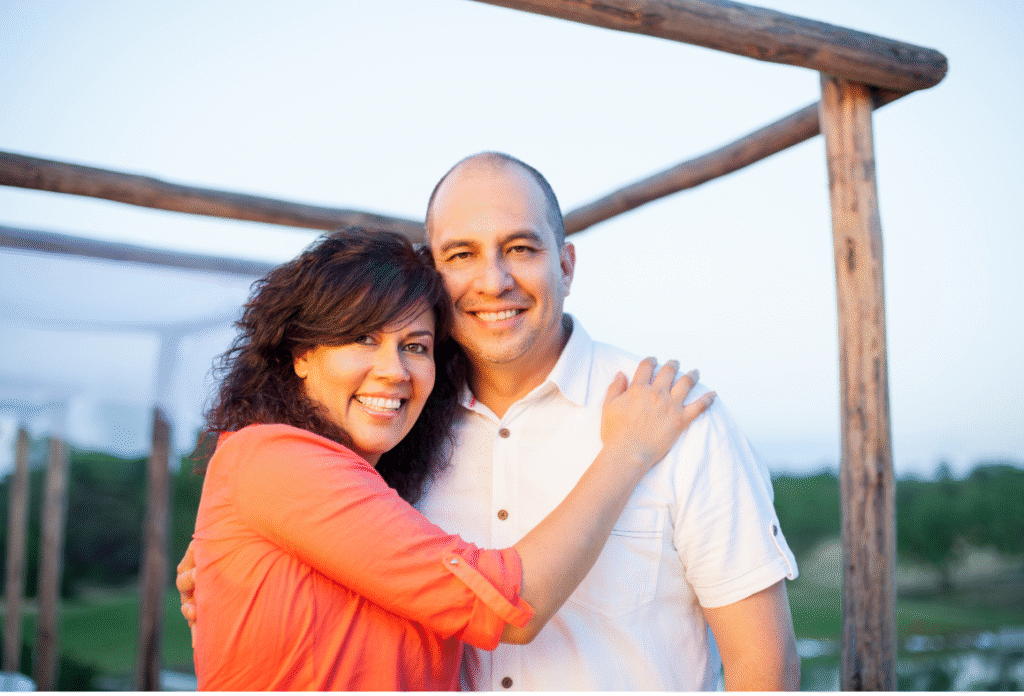
Rated 5 out of 5
Lisa S.
“Rebecca’s support made all the difference.”
Having someone who understands both the medical side and the emotional side of health was a game-changer for me. Rebecca provided me with actionable steps, encouragement, and accountability every step of the way. I can’t recommend her coaching enough!
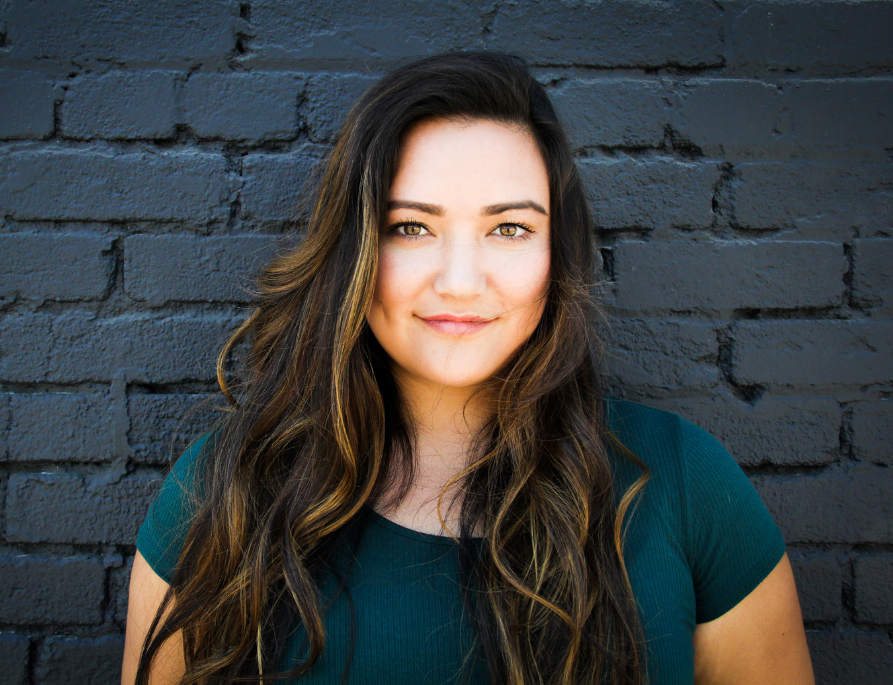
Rated 5 out of 5
Kimberly F.
How It Works
Schedule Your Free Consultation
Book a no-pressure session where we’ll talk about your health goals, struggles, and what’s been holding you back. You’ll walk away with clarity—even if you don’t sign up.
I Handle the Details, You Focus on You
Based on your unique history and needs, I’ll create a personalized plan—no generic advice here. You’ll get clear next steps, ongoing support, and a roadmap that fits your life.
See Real, Sustainable Results
With consistent guidance and mindset shifts, you’ll feel more in control of your health, more confident in your choices, and more connected to the person in the mirror.
What’s Included in Your Coaching Journey

1-on-1 Coaching Sessions
Personalized 60-minute sessions tailored to your unique health goals, lifestyle, and challenges.

Custom Wellness Plans
A roadmap designed just for you—no generic advice, just focused guidance based on your needs and medical background.

Tools to Support Change
Worksheets, journaling prompts, and reflection exercises to help you stay mindful and motivated between sessions.
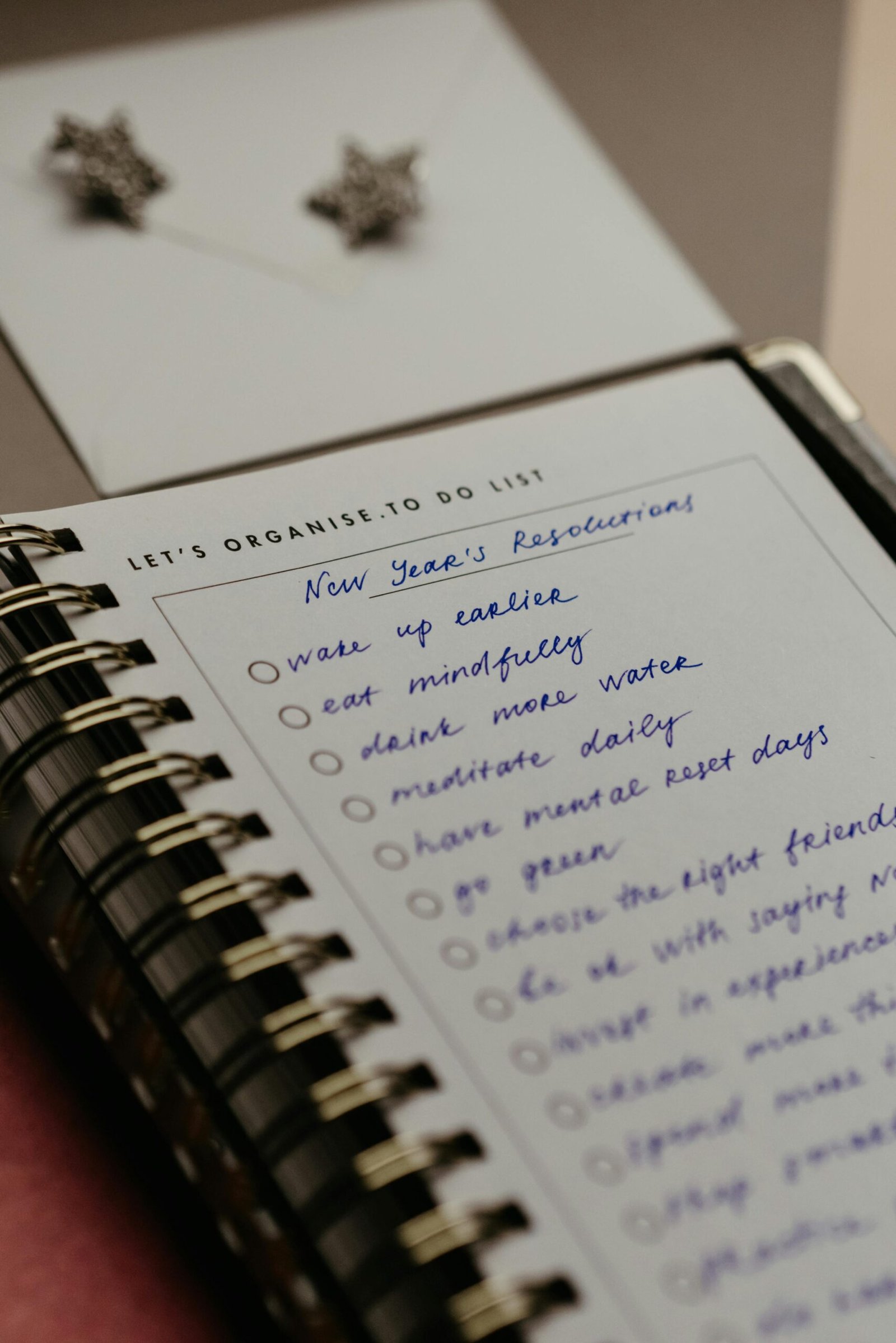
Progress & Accountability Tracking
We’ll track what matters most to you—from energy to mindset to symptom relief—so you can see real growth.
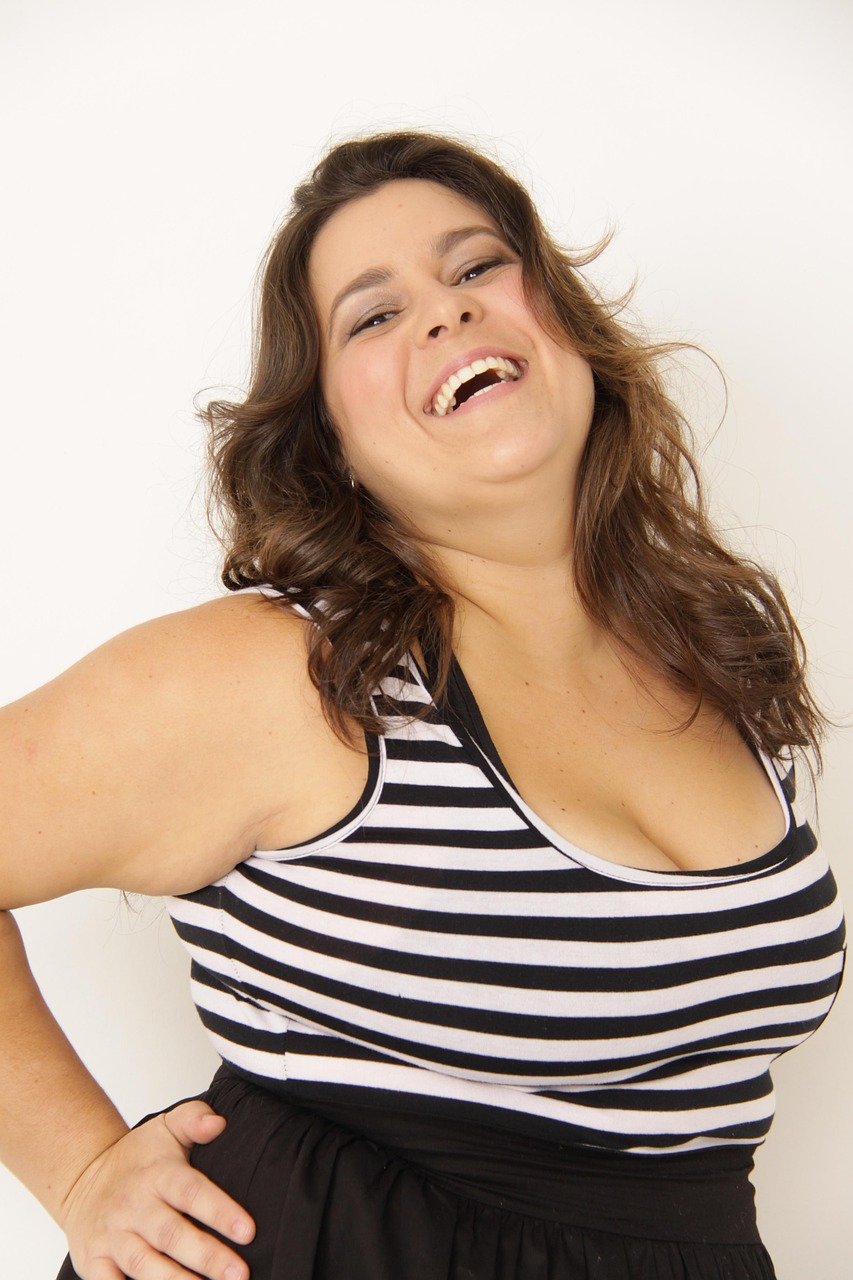
Mindset & Habit Coaching
Break free from old patterns and build new habits with a focus on lasting behavior change—not quick fixes.
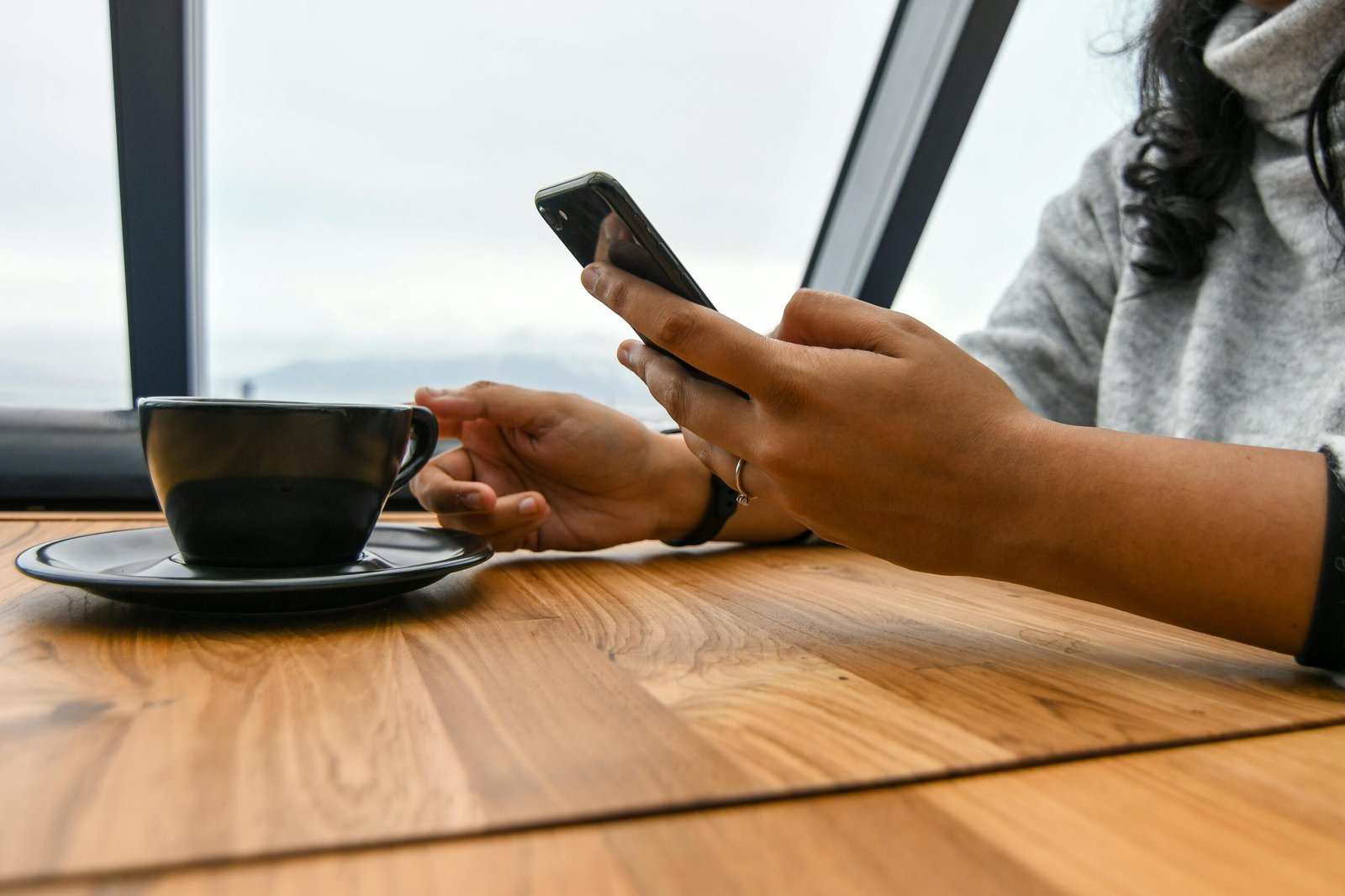
Ongoing Support Between Sessions
Stay connected with check-ins and direct access to me for questions, encouragement, and clarity when you need it.
Ready to Take the First Step Toward a Healthier, Happier You?
You don’t have to figure it out alone. Whether you’re managing a chronic condition or tired of the constant struggle with weight and self-doubt, support is here.